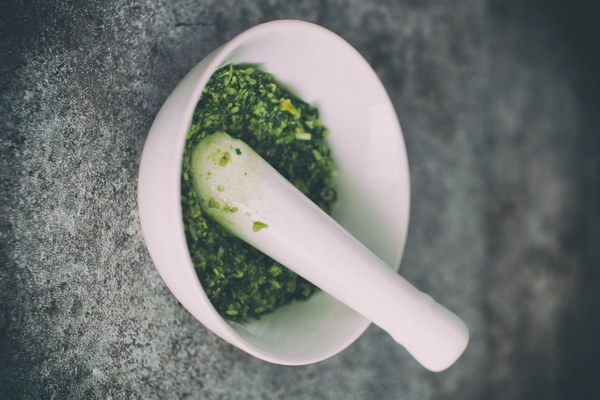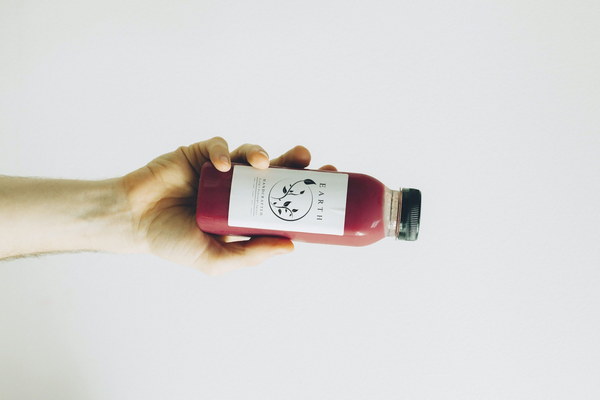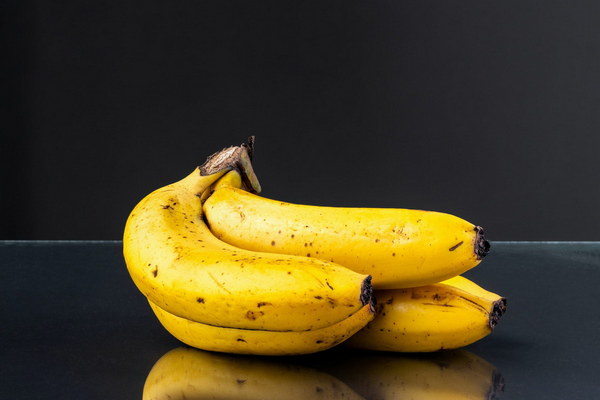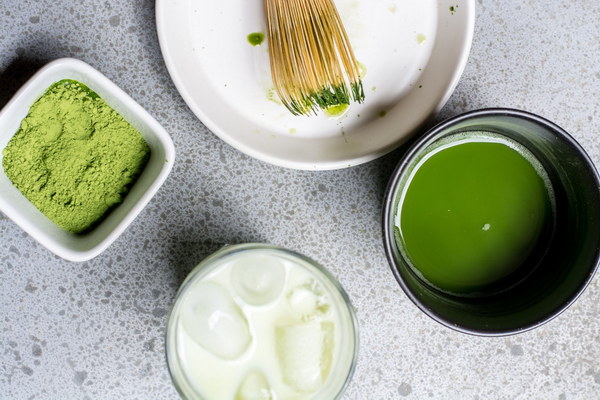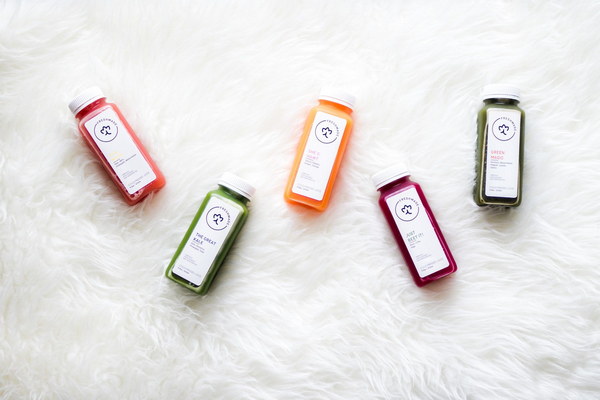Nourishing and Moistening the Lungs A Guide for Post-COVID-19 Recovery
As the world navigates through the COVID-19 pandemic, countless individuals have been affected by the virus and are now on the road to recovery. Post-COVID-19 recovery is a delicate phase, and it is crucial to focus on nourishing and moistening the lungs to ensure a smooth and robust recovery. In this article, we will explore various ways to support lung health and enhance overall well-being after overcoming COVID-19.
1. Hydration is Key
One of the most important aspects of post-COVID-19 recovery is staying hydrated. Adequate fluid intake helps to thin mucus, making it easier for the lungs to expel it. It also aids in maintaining the body's electrolyte balance, which is essential for proper lung function. Aim to drink at least 8-10 glasses of water per day, and consider adding herbal teas or broths to your hydration routine.
2. Nutritious Diet
A balanced diet plays a significant role in supporting lung health during recovery. Focus on incorporating the following nutrients:
- Vitamin C: Known for its immune-boosting properties, vitamin C helps in reducing inflammation and protecting against respiratory infections. Citrus fruits, berries, and bell peppers are excellent sources of vitamin C.
- Vitamin D: This essential nutrient supports immune function and lung health. Spend time outdoors, eat fatty fish, and consider supplements if necessary.
- Omega-3 Fatty Acids: Found in fatty fish, flaxseeds, and chia seeds, omega-3s help reduce inflammation in the body and may aid in lung recovery. Aim for at least two servings of fatty fish per week.
- Antioxidants: Berries, nuts, and green leafy vegetables are rich in antioxidants, which help protect lung tissue from oxidative stress. Incorporate these foods into your diet to support lung health.
3. Breathing Exercises
Practicing breathing exercises can help improve lung capacity and reduce shortness of breath. Here are a few exercises you can try:
- Pursed-lip breathing: Inhale through your nose for a count of four, then exhale through pursed lips for a count of six. Repeat for several cycles.
- Diaphragmatic breathing: Lie on your back with one hand on your chest and the other on your belly. Inhale deeply, allowing your abdomen to rise, then exhale slowly, letting your abdomen fall.
- Chest expansion exercises: Use an inflatable balloon or a spirometer to help expand your lungs. Inhale deeply, then exhale slowly, pushing out as much air as possible.
4. Herbs and Supplements

Certain herbs and supplements may help support lung health and aid in post-COVID-19 recovery. Consult with a healthcare professional before starting any new supplement:
- Elderberry: This herb has been shown to have antiviral properties and may help support the immune system.
- Echinacea: Echinacea is known for its immune-boosting properties and may help reduce the severity of respiratory infections.
- Mushrooms: Reishi and cordyceps mushrooms are believed to have anti-inflammatory and immune-boosting properties.
5. Avoid Exposure to Allergens and Air Pollutants
Reducing exposure to allergens and air pollutants is crucial for post-COVID-19 recovery. Keep your living space clean and dust-free, and use a HEPA filter to improve indoor air quality. Additionally, avoid smoking and secondhand smoke, as they can exacerbate respiratory issues.
6. Consult with a Healthcare Professional
It is essential to consult with a healthcare professional during post-COVID-19 recovery. They can provide personalized advice and monitor your progress, ensuring you are on the right track to recovery.
In conclusion, nourishing and moistening the lungs during post-COVID-19 recovery is vital for a smooth and robust recovery. By staying hydrated, consuming a nutritious diet, practicing breathing exercises, using herbs and supplements, avoiding allergens and air pollutants, and consulting with a healthcare professional, you can support your lung health and enhance your overall well-being. Remember, recovery is a gradual process, and patience is key.

